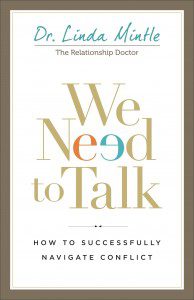 Families are busy and when there is a little down time, kids usually grab their screens and engage in solo play. If they are on social media, they may have a number of “friends” but these are not deep friendships and may even interfere with developing solid social skills.
Families are busy and when there is a little down time, kids usually grab their screens and engage in solo play. If they are on social media, they may have a number of “friends” but these are not deep friendships and may even interfere with developing solid social skills.
We know that having a best friend helps children with stress, loneliness and bullying. Friends help prevent depression and anxiety as well. So what can you do to help your child develop friendships? Here are 10 tips to teach your child:
1) Be friendly. Greet people with a smile. Give eye contact, speak so they can hear you. if you are friendly, you are more approachable.
2) Ask questions. Sometimes this is called, “being a detective.” You get to know people by asking them about themselves. One of the best ways to get to know someone is to ask questions.
3) Find a friend who shares their interests. When my daughter was dancing, her best friends were fellow dancers because they spent so much time together at the studio and loved to dance. Encourage your child to find friends who have similar interests.
4) Be positive and compliment often. No one likes a child who is negative and doesn’t have good things to say about others. Teach your child to focus on the positive and say encouraging things to others.
5) Teach skills of compromise and flexibility. Best friends don’t always get their own way or need to be right. They value the friendship and are willing to accommodate the other. A friend who can compromise and be flexible is someone people like.
6) Listen to others and forgive often. People make mistakes and need grace and forgiveness. A friend is someone who listens to another person and is quick to forgive and move towards repairing the relationship.
7) Help your child deal with rejection. There are many opportunities in any relationship for rejection to manifest. This will happen–not getting picked for a team, not invited to a party, etc. But friends support each other and don’t have to be a part of everything the other person does. Help your child understand that best friend doesn’t mean exclusive friend.
8) Teach your child to serve others. Rather than looking at a friendship for what it can do for me, teach your child the power of service to others.
9) Play cooperatively. No one likes a friend who is constantly arguing or grabbing power. Friends get along and cooperate with each other.
10) Be kind to others. Kindness begets kindness and is backed by research in terms of helping a child be liked. This is a life skill that begins at a young age and needs to be modeled and taught.


